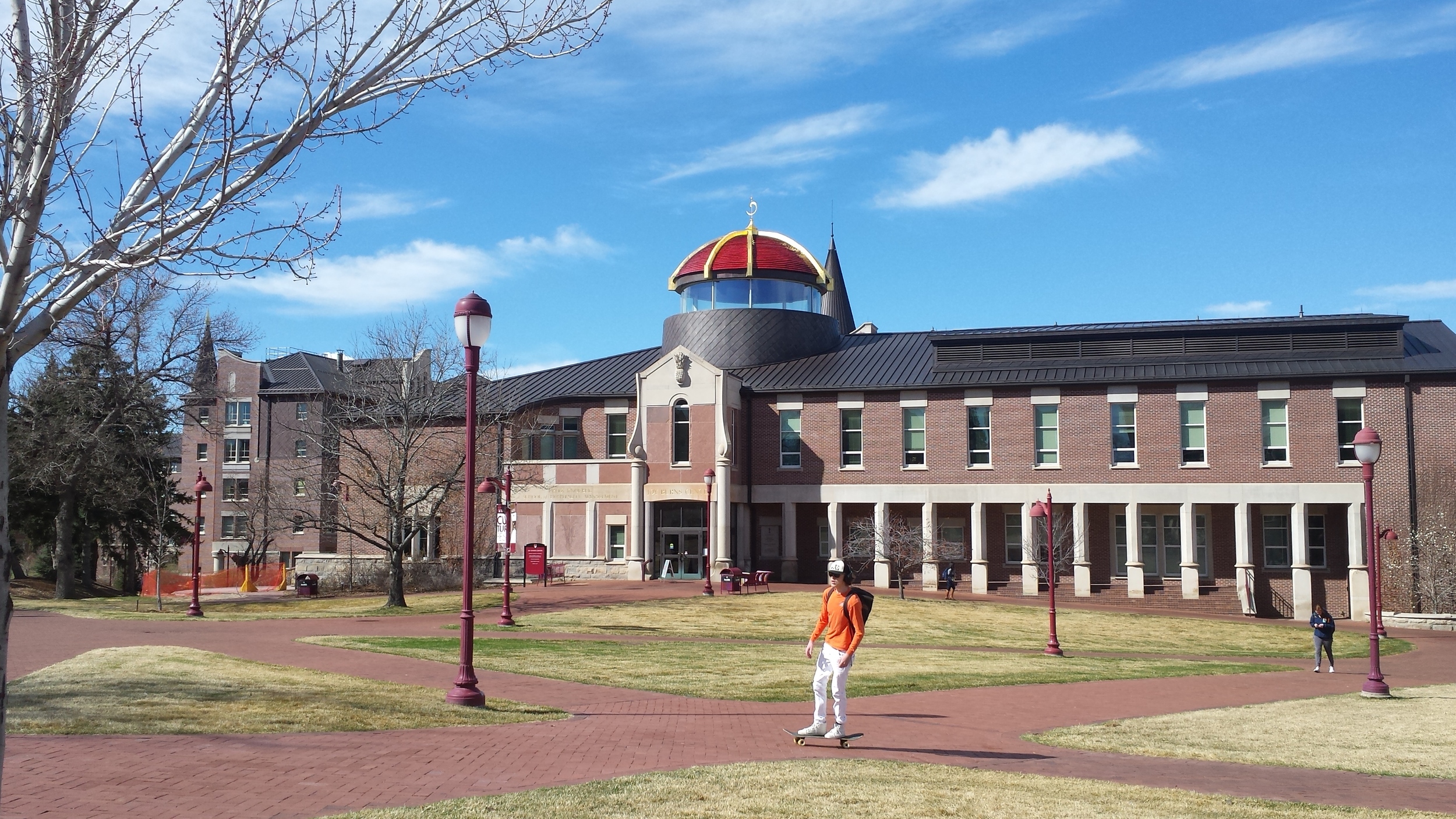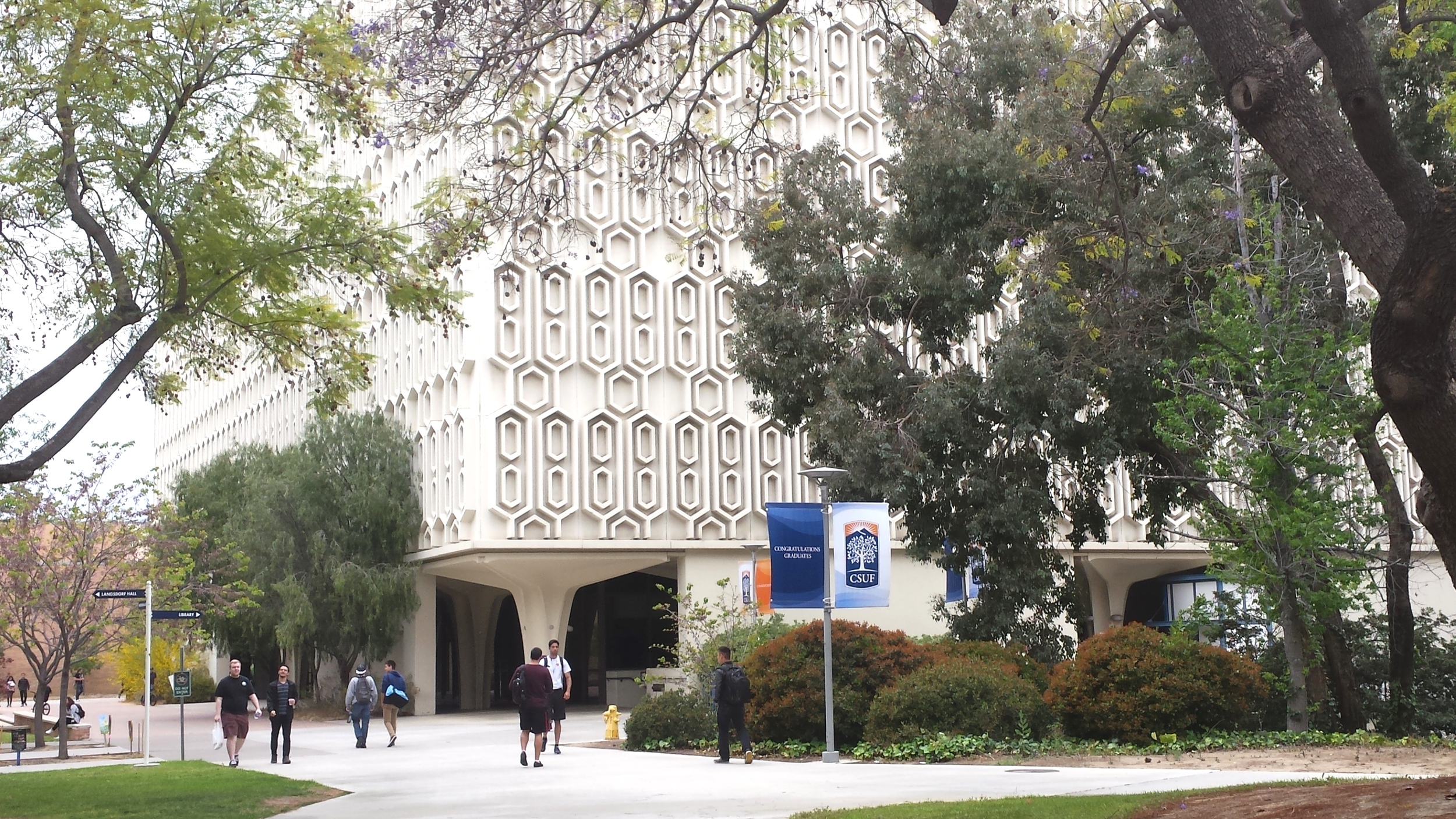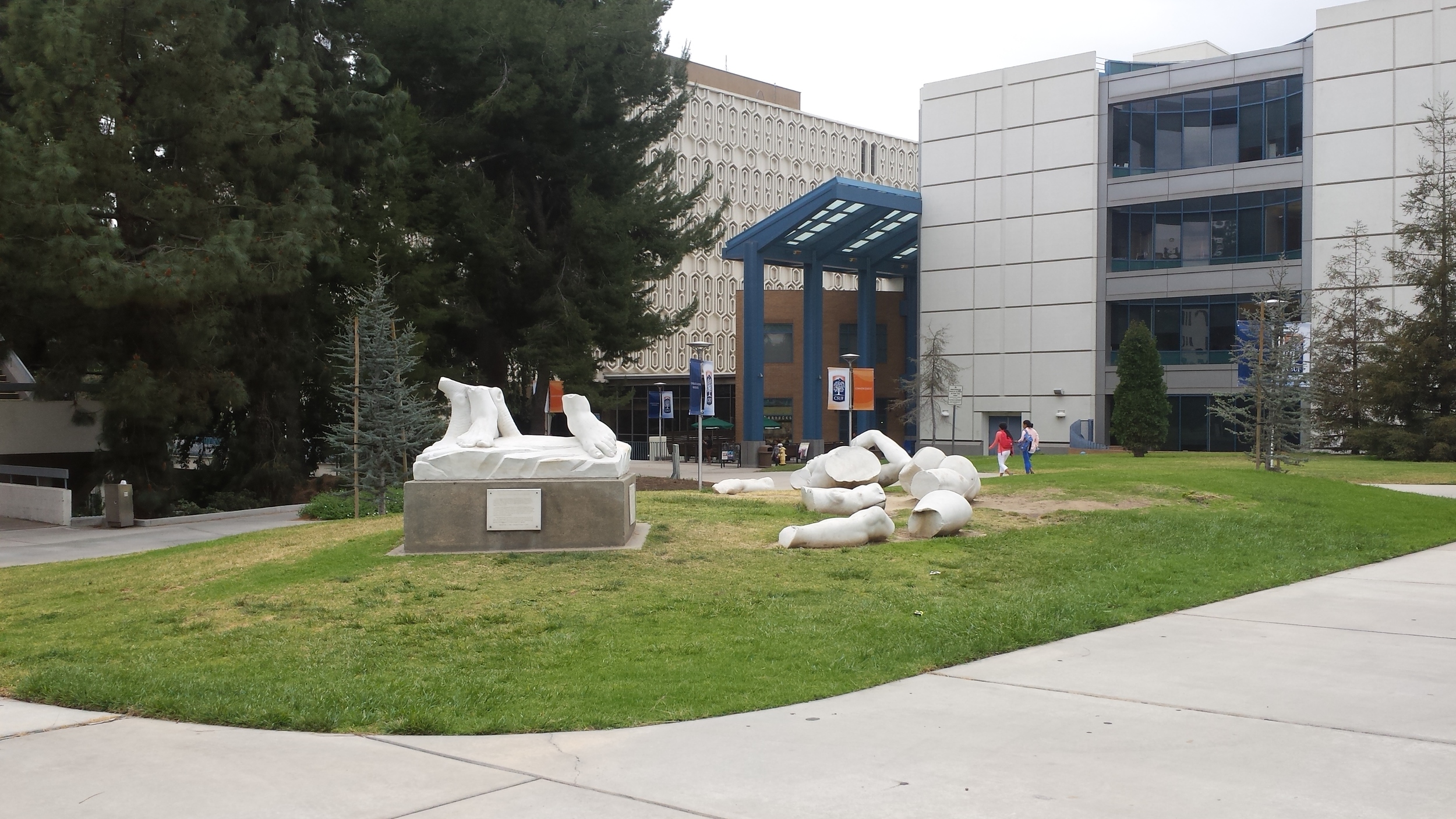
BLOG
How to Evaluate a College Career Center
Ikigai - the amazing intersection of finding one’s purpose in life…where what you are good at and what the world needs collides!
College Career Center - a good center can help your student find their “Ikigai”
A short interview with the Director of Career Services at Colgate University in the Chronicle of Higher Education highlights what Career Services can offer to college students and why a strong Career Center is vital for your student’s success in finding that career and ‘purpose in life’.
What does this Ivy League university offer in their Career Services to help students prepare for their career?
1- “Early and often” – Career Services has specific strategies and processes that start with the summer BEFORE freshman year! And they don’t help just to ‘find jobs’ for the students, but Career Services promotes self-awareness and helps students better understand who they were before they began searching for their career paths.
2- Career services mission – Colgate’s Career Services help students find those on-ramps and entry points towards work. They also help students learn to invent new opportunities for their skills.
3- Engagement with Career Services throughout all 4 years of college - 97% of students engaged with the Career Center at Colgate U last year between workshops, internships, counseling and immersion tracks or recruitment programs
4- Age appropriate Career Services education – They talk to freshmen about their passions, skills and strengths from their first year of college. Career Services helps students understand “who they are” first. As sophomores, Career Services moves into strategic engagement with alumni in programs such as “immersion tracks” or job shadowing opportunities. These are short ‘entrée-ships’ - where students are engaging with alumni and parents to understand better how a liberal arts education translates into career and work.
5- Sophomore Connection – During the weekend before Spring break ends, all sophomores are brought back to campus and engaged with an alumni and parent conference around Career fair type program. Career Center teaches students how to do informational interviews before they start their interaction with alumni, with ‘reflective components’ to allow students to ‘understand the differences and how they might connect’.
While this career services strategy may not be offered at all universities, there are components you can look for in every college to help you gain these same advantages.
7 Questions to evaluate the Quality of a college’s Career Services:
1- Where is the Career Center located on campus? Is it central?
2- How long does it take for a student to get an appointment with a counselor and do you get to see the same person each time?
3- What type of alumni engagement is offered through the Career Center?
4- How many Career Fairs are hosted on campus each year? Are they open to all majors or for specific colleges/majors?
5- How often are workshops held and what types of topics are offered?
6- Are there different types of services offered as the student advances?
7- Who helps with connecting students with internships or other job shadowing opportunities – Career Center, professors in their major, or both? Any formal programs that exist to help this happen?
These 7 questions can give you a picture of what type of career support you will receive for your tuition. It’s vital to your future to ensure the guidance is there as part of your college experience!
CSU Fullerton - Honors Program creates smaller college atmosphere at CSU pricing
How can your student make a large college such as CSUF feel more like a more personalized college?
Trivia – the largest CSU (California State University campus) is….? CSU Fullerton, located in Orange County in Southern California!
CSUF has over 22,000 undergraduates plus 2,000 grad students. How can still benefit from the cheaper CSU tuition rates and not get lost in this large institution? CSUF Honors Program only requires a 3.5 GPA and will give you the benefit of priority registration, smaller, seminar style (discussion not lecture based) classes with your Honors cohorts. Bonus – you can decide AFTER enrolling at CSUF if you want to join the Honors Program – any current student with less than 40 units and have a GPA of 3.5+ can apply. How to apply – the Honors Program requires separate application from regular admission, one essay and an academic letter of recommendation. That’s it – main benefit is you pay the low tuition cost of a CSU campus and still get the smaller class sizes of a more expensive private college.
5 Pitfalls to avoid when Planning Your College Tours
College tours part of your vacation plans? Pitfalls you can avoid and ensure more fun in your travels.
Many of my junior families are planning their spring vacations around some college visits. These visits can be so helpful to the student: it provides a chance for them to visualize college as it really is and also to see how MANY varieties there are out there. But, there are pitfalls to steer clear of on a college tour vacation. Here's a few and how to prevent them:
1- Planning too many: The key word here is "VACATION". More than likely the rest of the family is trailing along with various degrees (or NO degree) of engagement. Keep a balance - plan only 1 or 2 at most per day, with a few days scattered in between just for fun. After all, the student should see what is fun to do around the campus as much as see the college.
2- 'Drive by' visits: While it's hard to resist the temptation of 'just one more campus walk/drive through' as you are in an area, remember that often these types of visits don't allow you or the student to get the REAL flavor of the college. You can't hear about their academic programs that may be unique to them. You don't have time to take in the surrounding area and what it may offer. Choose quality over quantity - take the official tour, spend time on campus (hopefully when there are students milling around), and eat locally.
3- Siblings input not part of plans: While it may not seem like your children communicate well (especially on a family vacation!), siblings' and their opinions do matter to your junior student. So, have the siblings engage in the travels by asking them to find out a fun stop near the college that appeals to their interests. Find the funkiest donut shop, a unique comic book store, or a rock to climb in a park. Whatever engages them into the trip - teach them to find it and own that part of the trip!
4- Not taking notes: Before you leave for your tours, draw up a checklist on what is important to you AND your student to observe at each college. Then, before you step onto the next campus, stop and take time to record your observations as well as your student's opinions. Give them a voice - this is their decision, and they need coaching on how to learn to evaluate colleges.
5- Forgetting the main point of vacation: FUN: It's a vacation, remember? That is really what your student will remember the most from your time together. Relax, just setting foot on ANY campus and learning to evaluate is a great step in creating your student's college roadmap! :)
Oregon State University - OSU Beavers
OSU...home of the mighty Beavers. Why is this a good school for California students?
Big (28,000 students – 23K undergrads), friendly, and football. What does OSU offer for YOUR student?
Location: Parents like that its just 9 hours driving time and 1 ½ hours from Portland (for you, easy ways to get your student back home – drive or fly). Students like that it’s far away enough from home, but still less than an hour to beaches and 2 ½ hours from skiing
Fun Facts:
Top majors: Engineering (not at U of O), Psychology, Business. There are over 200 different majors, all non-impacted.
1:26 = student to professor ratio
OSU is only school in US with Land, Space, Sun and Sea Grant designation, which means #1 research funding in Oregon. Over 2,000 undergraduates participated in research projects last year.
77% acceptance rate of OSU grads into medical school
“Double Degree” in Teaching – allows you to earn 2 degrees (Education and your choice) and have a K-12teaching license valid in over 30 states in just 4 years: http://education.oregonstate.edu/i-want-know-about
Pharmacy graduate school interest - OSU’s “Early Assurance Program” for select freshman applicants that assures direct entry into their Pharmacy graduate program (very competitive): http://pharmacy.oregonstate.edu/early-assurance-program
School of Engineering – Last year’s admitted class had an average 3.55 GPA and SAT score of 1724. Formula SAE racing team is just one of the fun academic clubs for Engineering majors. http://engineering.oregonstate.edu/fact-sheet
Admissions – Nov. 1st EA (non binding early notification of acceptance) deadline, Feb. 1st final deadline, minimum 3.0 GPA (LY 3.5 average GPA accepted), no min. ACT/SAT test score
Who should consider OSU - Student that needs a large variety of majors, can handle self advocacy in a large campus setting, wants classic school spirit atmosphere in a small town, and can afford the out of state tuition.





